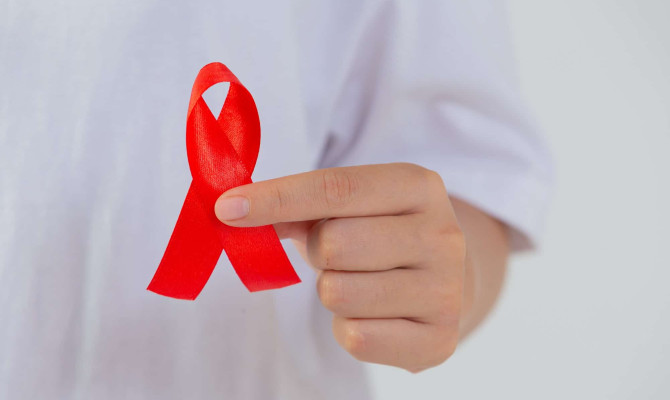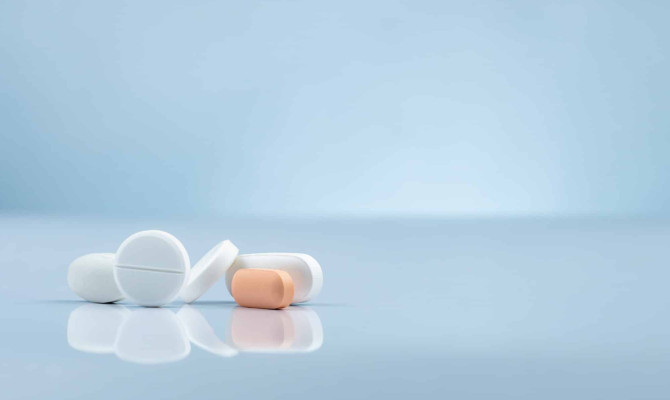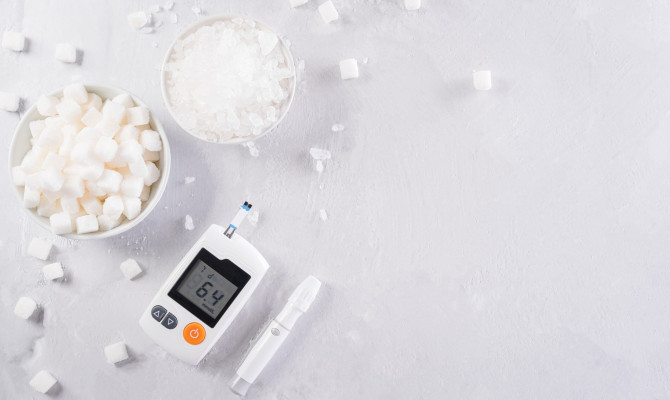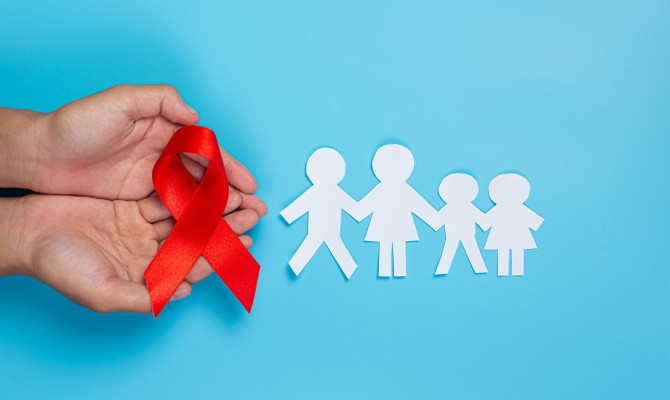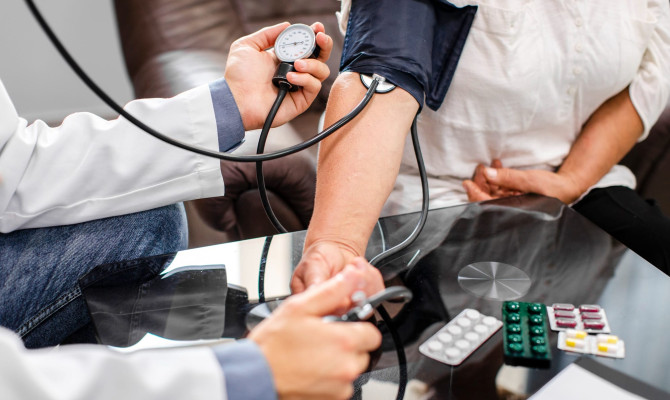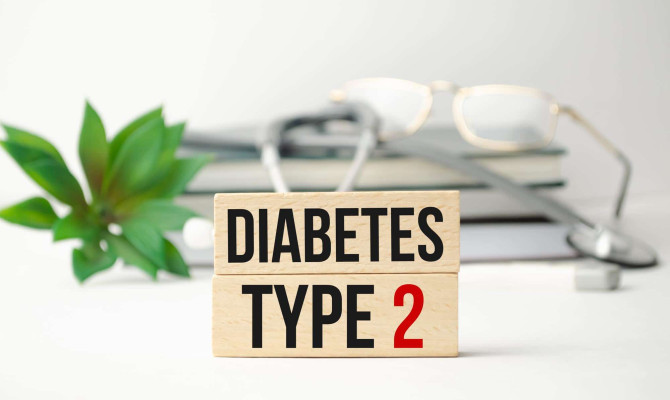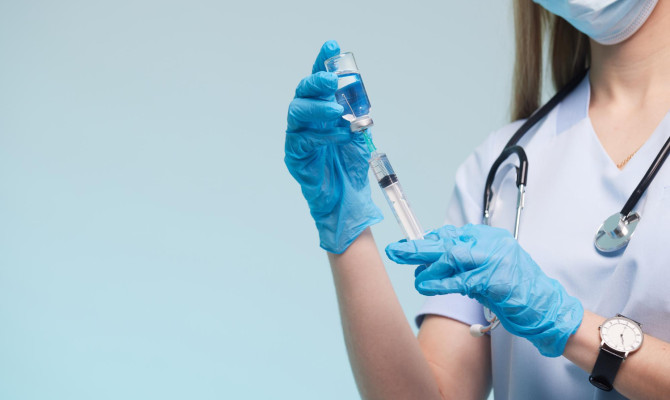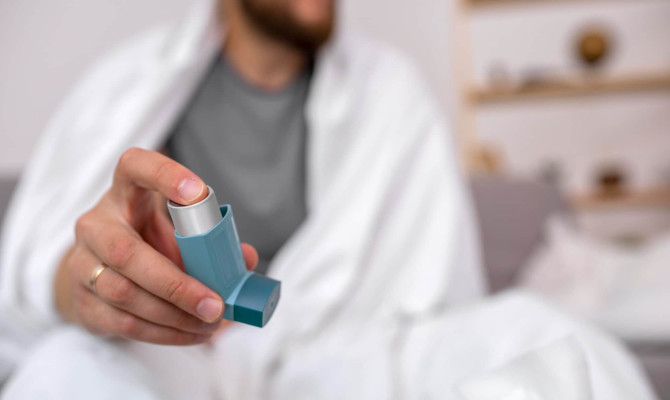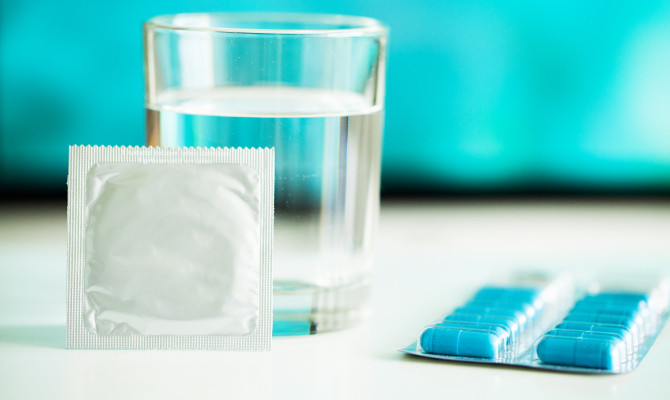Jardiance: Uses, Side effects and Interactions

- Jardiance
- 22 Aug 2023
Overview
About Jardiance
Jardiance is occasionally prescribed, along with diet, exercise, and other medications, to reduce elevated blood sugar levels. It is used in individuals, including children aged 10 years and above, who have been diagnosed with type 2 diabetes.
Abnormally high blood sugar levels due to the body’s impaired utilization or production of insulin is termed as Type 2 form of Diabetes. .

Mechanism of action
- Jardiance is a sodium-glucose co-transporter 2 (SGLT2) inhibitor.2Overview| Researched based study from Nlm.nih.gov
- By promoting renal excretion of glucose, it effectively lowers blood glucose levels.
- Jardiance helps in the management of your illness, but does not provide a cure. It is recommended to continue taking jardiance even in the absence of symptoms.
- It is important to continue taking jardiance as prescribed by your doctor and not to discontinue its use without consulting them.
- Jardiance does not induce weight gain, unlike various other pharmaceuticals used in the treatment of diabetes. Some individuals experience weight loss.
Uses
Uses of Jardiance
Uses of this treatment ( Jardiance) are:
- Jardiance is used to reduce blood sugar levels in people diagnosed with type 2 diabetes, along with improved dietary habits and increased physical activity1Uses| Researched based study from Fda.gov
- Stakes down the incidence of sudden cardiac death in adults who are already diagnosed with both coronary artery disease and the type 2 form of diabetes.
- Reduces the chances of admission or hospitalization and cardiovascular death in adults diagnosed with heart failure.
- Jardiance is indicated for reducing the risk of mortality, myocardial infarction, cerebrovascular accident, and peripheral vascular disease in individuals diagnosed with type 2 diabetes.
When is Jardiance not used?
- Jardiance is not used in treating type 1 form of diabetes. Type 1 Diabetes is a condition characterized by inadequate insulin production leading to uncontrolled sugar levels.2Dosage| Researched based study from Nlm.nih.gov
- Additionally, it is not effective in managing diabetic ketoacidosis, a potentially dangerous condition that can occur when high blood sugar is left untreated.
Dosage
Instructions for Dosage
Jardiance is typically started at a dosage of 10 mg once day2Dosage| Researched based study from Nlm.nih.gov .
Dose for maintenance
- The Jardiance maintenance dosage is similarly 10 mg once day. The majority of individuals will keep taking this dosage to manage their diabetes.
- Jardiance can be taken orally in the form of a pill.
- The medication is generally taken once daily in the morning, with or without food intake.
- It is recommended to administer Jardiance daily at regular intervals as recommended by the doctor.
- Consult your healthcare provider or pharmacist for clarification regarding any instructions on your prescription label that you find unclear or uncertain.
- Adhere strictly to the prescribed dosage and frequency of administration as instructed by your physician.
Missed Dose
- Administer the missed dose promptly upon remembering. If the subsequent dose is near, it is advisable to forgo the missed dose and resume the regular dosing schedule.1Dosage| Researched based study from Fda.gov
- Do not double the dosage to compensate for a missed dose.
Side effects
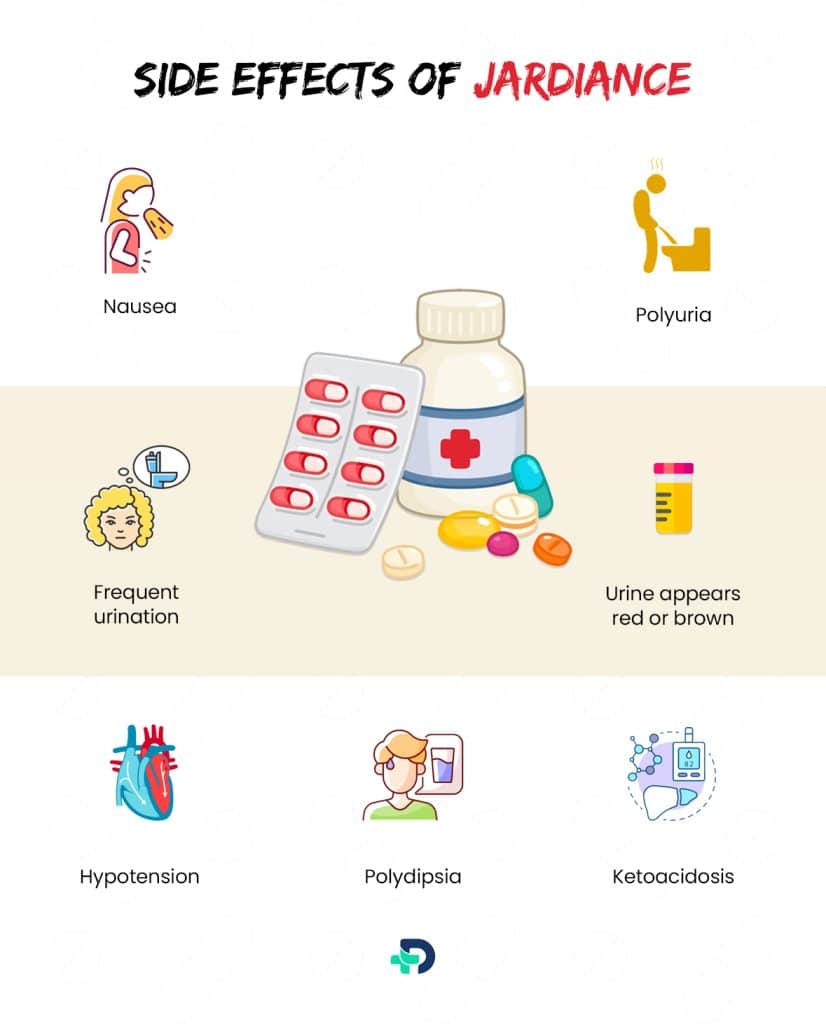
Side effects include
It is important to recognize the symptoms of low and high blood sugar levels and to be knowledgeable about appropriate actions to take in response to these symptoms.
Common side effect are:
- Polyuria, characterized by excessive urine production
- Polydipsia, an increased sensation of thirst
- Frequent urination, urgency, burning sensation, and pain during urination
- Urine appears cloudy, red, pink, or brown
- Fever, nausea, or vomiting accompanying back or pelvic pain
- Symptoms of vaginal odor, such as white or yellowish discharge with a lumpy or cottage cheese-like appearance, and vaginal itching in females
- Symptoms of penile irritation like swelling, itchiness, redness, and the presence of a rash
- Malodorous discharge from the penis or discomfort in the penile skin, which can lead to feelings of weakness, fatigue, or unease
- Pruritus and respiratory or deglutition difficulties
- The facial swelling, including the face, throat, tongue, lips, mouth, and eyes
Rare side effects are
Hypotension, or low blood pressure
- While using Jardiance, some individuals may suffer a reduction in blood pressure, which may make them feel lightheaded or woozy. To lessen the chance of experiencing vertigo, it is important to carefully get up from a laying or sitting posture.2Side effects| Researched based study from Nlm.nih.gov
Ketoacidosis
- Despite its rarity, Jardiance might lead to ketoacidosis. Breathing issues, nausea, vomiting, stomach discomfort, extreme exhaustion are some symptoms.2Side effects| Researched based study from Nlm.nih.gov
Levels of Cholesterol rise
- Some people who use Jardiance may see a modest rise in their levels of LDL cholesterol (bad cholesterol).
Levels of potassium rise
- Jardiance may cause elevated blood potassium levels (hyperkalemia), particularly in persons with renal issues or those taking drugs that may do so.
Precautions
Precautions while using Jardiance
There are three precautions that should be taken prior to taking medication:
Allergies
- Inform your healthcare provider and pharmacist if you have any allergies, particularly to the chemicals present in Jardiance tablets. Kindly provide a compilation of the constituent elements from your chemist.
Supplements
- It is necessary to inform your healthcare provider and pharmacist about any additional prescription medications, vitamins, over-the-counter drugs, dietary supplements, and ayurvedic products that you are currently taking or planning to use. The physician may need to modify drug dosage or closely monitor for potential side effects.
Dialysis
- Inform your physician if you are undergoing dialysis. Your physician may recommend against the use of Jardiance.
Alcohol
- Inform your doctor if you have regular alcohol consumption, engage in occasional binge drinking, or adhere to a low sodium diet. Alcohol has the ability to alter blood sugar levels. It is necessary to consult your healthcare provider to know about the safety of consuming alcohol while you are using Jardiance.
Prior yeast infections
- Inform your doctor about any history of yeast infections in the genital area, low blood pressure, kidney or liver disease, pancreatic disease (including pancreatitis), high cholesterol, or prior pancreatic surgery. It is advisable for men to inform their healthcare providers about their lack of circumcision.
Low appetite
- Inform your healthcare provider if you are experiencing reduced food intake as a result of illness, surgery, dietary modifications, or if you are unable to consume food or beverages normally due to symptoms such as nausea, vomiting, diarrhea, or dehydration caused by excessive sun exposure.
Pregnancy
- Due to insufficient evidence regarding the effects of Jardiance on fetal development, its use is not recommended during pregnancy. Metformin and other diabetes medications, like insulin, are considered safe for use during pregnancy.1Precautions| Researched based study from Fda.gov
Dental surgery
- Inform your healthcare provider, whether it be a doctor or dentist, about your use of Jardiance if you are undergoing any form of surgery, including dental surgery.
Breastfeeding
- Jardiance is generally not recommended during nursing due to uncertainty regarding the amount of medication that may be present in breast milk.
- Jardiance potential impact on fetal kidney growth, development, and blood sugar levels has not been established.
- It is advisable to get medical advice from a healthcare professional to know the most suitable course of action for both mother and the fetus.
Fertility
- Jardiance has not been shown to have any impact on male or female fertility.1Precautions| Researched based study from Fda.gov
Drug interactions
Jardiance Drug interactions
Jardiance is the trade name for Jardiance, a medication indicated for the treatment of type 2 diabetes.
Drug interactions with Jardiance can lead to reduced efficacy, increase risk of adverse effects, or the onset of complications.
The following are common drugs that may have interactions with Jardiance:
Insulin and sulfonylureas
- The co-administration of Jardiance with insulin or sulfonylureas, such as gliclazide or glyburide, may increase the chances of hypoglycemia.3Interactions| Researched based study from Nhs.uk
Insulin and Metformin
- Caution should be exercised when combining Jardiance with other diabetes medications that have the potential to reduce blood sugar levels, including DPP-4 inhibitors (e.g., sitagliptin) and GLP-1 receptor agonists (e.g., liraglutide). Dosage adjustments may be necessary.
Blood pressure medications
- Jardiance, in combination with other antihypertensive medications, shows an additional blood pressure-lowering effect. Regular monitoring of blood pressure and appropriate dose adjustments are crucial.
Diuretics (water pills)
- The use of Jardiance and diuretics can potentially increase the risk of dehydration, resulting in hypotension.1Interactions| Researched based study from Fda.gov
- Maintain proper hydration and promptly inform your healthcare provider of any symptoms such as dizziness or lightheadedness.
NSAIDs (non-steroidal anti-inflammatory drugs)
- Nonsteroidal anti-inflammatory drugs (NSAIDs), including ibuprofen and naproxen, may diminish the efficacy of Jardiance in its ability to lower blood glucose levels.
- Consult your healthcare provider when considering the use of (NSAIDs) for management of pain.
Rifampin
- Rifampin, an antibiotic, lowers the blood concentrations of Jardiance, potentially leading to a decrease in its efficacy.
- Close monitoring of blood sugar levels is a necessary when you combine these medications.
It is important to disclose all medications, including prescription drugs, herbal supplements, over-the-counter medications, and vitamins, to your healthcare provider.
Storage
Storage of Jardiance
- Jardiance should be stored at room temperature, specifically between 68°F to 77°F (20°C to 25°C).
- To avoid potential harm, it is advisable to avoid exposing the item to extreme temperatures, including direct sunlight, close proximity to a heater, or placement in a freezer.
- It is advisable to store Jardiance in its original container, securely sealed and protected from moisture. The packaging provides minimal protection and helps maintain the stability of the medication.1Storage| Researched based study from Fda.gov
- Keep the medication in a dry place. Moisture has the potential to degrade tablets and diminish their effectiveness.
- To minimize the risk of unintentional ingestion, it is recommended to store Jardiance in a location inaccessible to children and pets.
Safety tips
Tips while using Jardiance
- Ensure that you attend all scheduled appointments with your physician and the laboratory.
- Regular checking of blood sugar levels to know the impact of Jardiance must be done.
- In order to assess your response to Jardiance, your physician will order supplementary laboratory tests, including HbA1c (glycosylated hemoglobin).
- Please notify the laboratory personnel and your physician about your use of Jardiance before undergoing any laboratory tests.
- The Jardiance mechanism of action can lead to a positive glucose test result in urine.
- Consistently wearing a diabetes identification bracelet can guarantee appropriate medical attention.
Takeaway
Takeaway
- Jardiance, or empagliflozin, is approved for treating type 2 diabetes in adults. This medication is classified as an SGLT2 inhibitor. Jardiance works by obstructing glucose reabsorption in the renal system, which enhances the excretion of excess glucose in urine. This helps in lowering blood sugar levels.
- Clinical trials have shown that Jardiance, when used alongside a balanced diet and regular physical activity, can effectively reduce blood glucose levels and lower the risk of cardiovascular events in individuals with type 2 diabetes. Moreover, it has demonstrated benefits in reducing hospitalization rates related to heart failure and improving cardiovascular outcomes.
Any feedback on this article?
 This Articles content was accurate
This Articles content was accurate Very Informative Article
Very Informative Article I have a question or a comment
I have a question or a comment
 This article contains inaccurate content
This article contains inaccurate content This article was not helpful
This article was not helpful I have a question or a comment
I have a question or a comment
We appreciate your helpful feedback!
Checkout our social pages
References
-
FOOD AND DRUG ADMINISTRATION
JARDIANCE® | Uses | Dosage | Precautions | Storage
-
National Library of Medicine
Empagliflozin | Overview | Interactions | Dosage
-
National Health Service
Empagliflozin | Interactions













